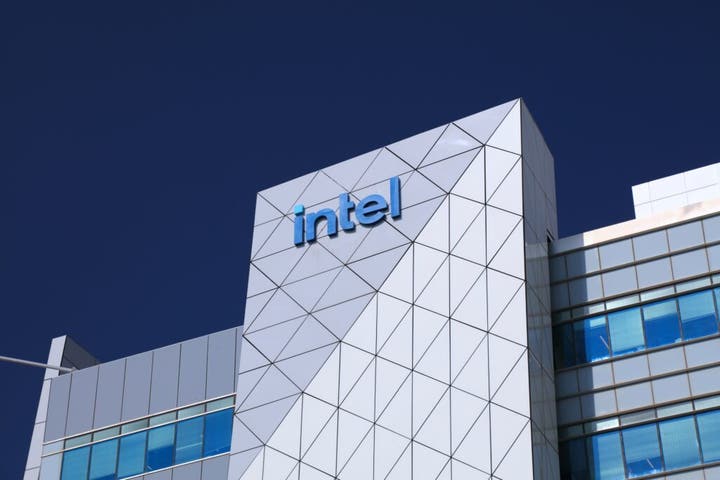
Sen. Tom Cotton (R-Ark.) is demanding Intel Corp. (NASDAQ:INTC) explain potential national security risks posed by CEO Lip-Bu Tan‘s extensive Chinese investments, raising concerns about the chipmaker’s $8 billion federal grant under the CHIPS Act.
Senator Cites Military Links, Cadence Guilty Plea
Cotton wrote on Wednesday on X that “The new CEO of Intel reportedly has deep ties to the Chinese Communists. U.S. companies that receive government grants should be responsible stewards of taxpayer dollars and adhere to strict security regulations.”
The Arkansas senator’s letter to Intel Chairman Frank Yeary highlighted that Tan “reportedly controls dozens of Chinese companies and has a stake in hundreds of Chinese advanced-manufacturing and chip firms.” At least eight companies have ties to China’s People’s Liberation Army, according to Cotton’s assessment.
The timing coincides with Cadence Design Systems’ guilty plea last week to illegally selling electronic design automation technology to a Chinese military university. Tan served as Cadence’s CEO during the violations, which occurred from 2015-2021.
Reuters Investigation Reveals Extensive Portfolio
A Reuters investigation found Tan invested in over 600 Chinese tech firms through his San Francisco-based Walden International venture capital firm. The review identified at least $200 million in investments between 2012-2024, including contractors and suppliers for the Chinese military.
Tan controls more than 40 Chinese companies and funds, often sharing ownership with Chinese government entities. Walden invested alongside China Electronics Corporation, which was sanctioned by President Donald Trump in 2020 as a “Chinese military company.”
Intel did not immediately respond to Benzinga's request for comment.
CHIPS Act Stakes Heighten Security Concerns
Intel received the largest single CHIPS Act award—nearly $8 billion—to boost domestic semiconductor manufacturing. The company also holds a $3 billion Defense Department contract and participates in cutting-edge military chip development programs.
Cotton’s letter demands answers by August 15 on whether Intel’s board knew about Cadence’s legal troubles, required Tan to divest from Chinese military-linked firms, and disclosed remaining ties to the U.S. government.
The scrutiny comes as Trump announced plans for 100% tariffs on semiconductor companies not building in the U.S. Intel shares rose 2.18% Wednesday, trading at $20.63, amid broader chip sector volatility following the tariff announcement.
Read Next:
Disclaimer: This content was partially produced with the help of AI tools and was reviewed and published by Benzinga editors.
Photo courtesy: Shutterstock







